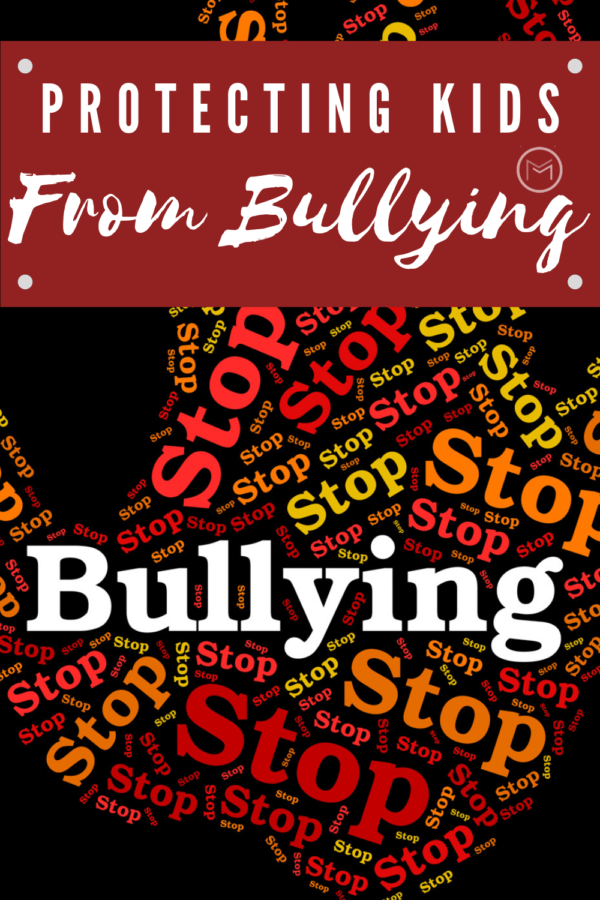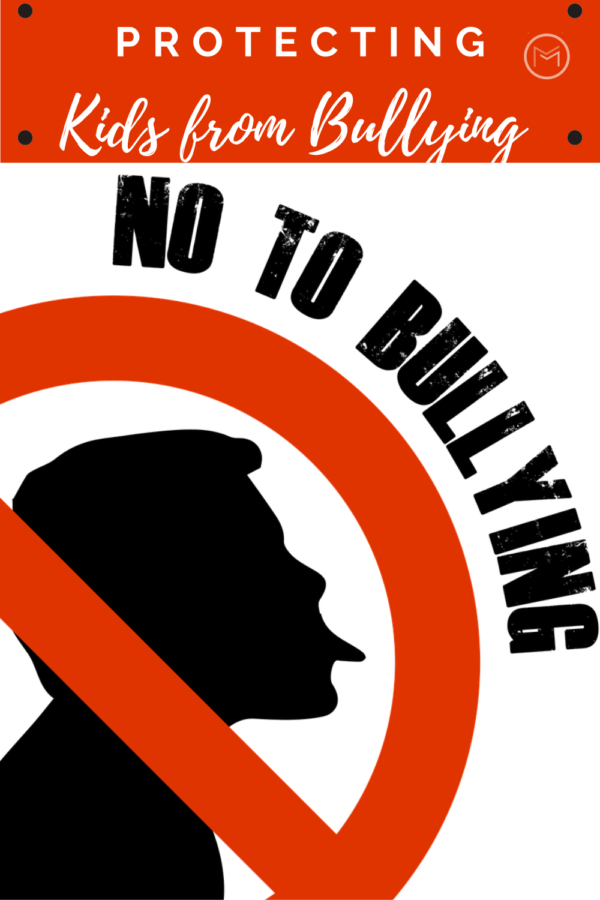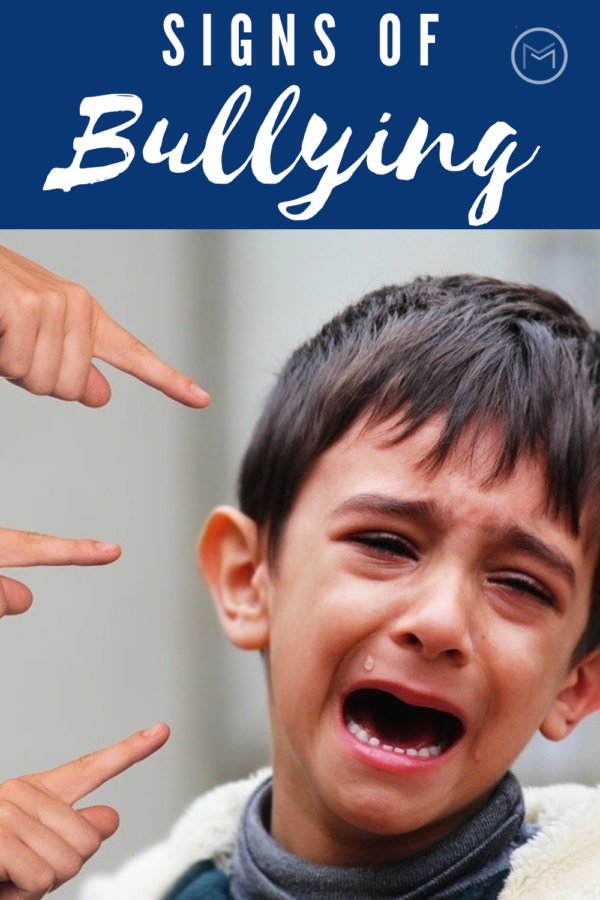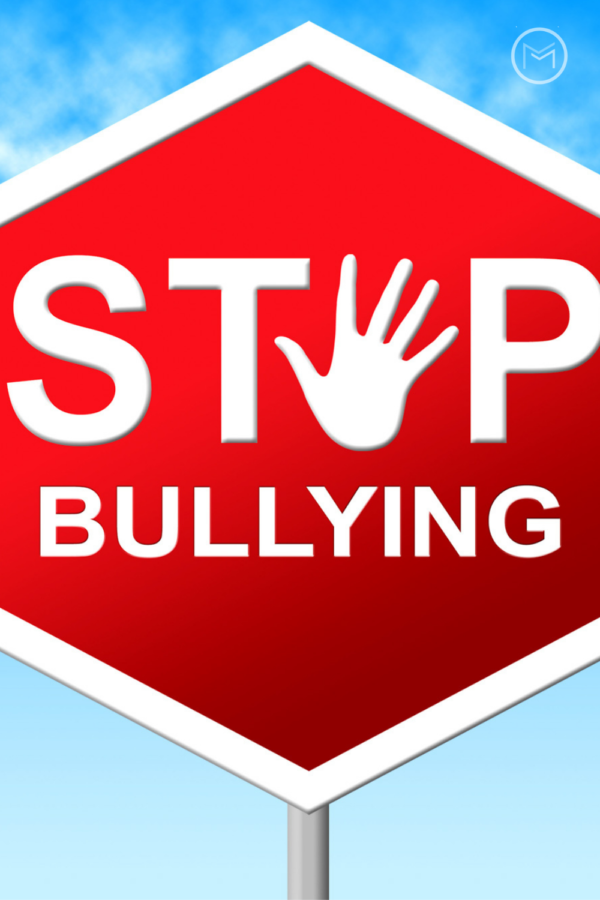Today, I’m sharing parenting tips on bullying kids facts. Bullying is not a new problem. Adults and youngsters use bullying to control and intimidate others. Any adult who has ever dealt with a disruptive neighbor; an unhelpful and/or condescending boss or a controlling, emotionally abusive husband or significant other has dealt with a bully.
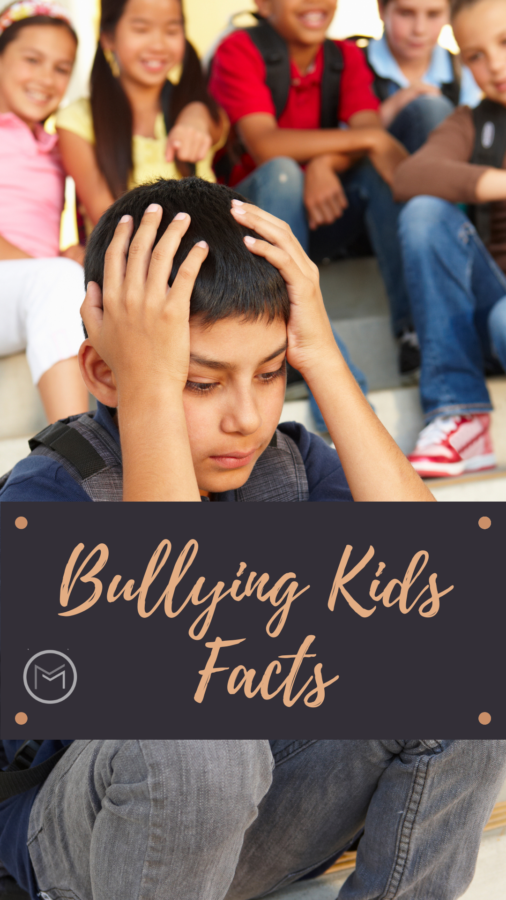
Bullying Kids Facts
Fortunately, adults can sometimes escape these situations by relocating to another address, resigning from a job or divorcing a spouse. Children, however, are usually not as fortunate. Kids usually are without the ability to change schools or neighborhoods.
Even if children could leave an unhealthy environment, social media has enabled bullies to continue to reach their victims through apps and other electronic channels. That’s why it’s up to the parents, guardians and other adults in bullied children’s lives to help resolve these issues. We must teach children the life skills they’ll need to deal with bullies now and in the future.
Signs of Bullying
Children and teens have reported being bullied at school at a rate of 20%. Yet the percentage increases to 50% for students who are ages 9 to 12. The motivations behind bullying include factors that are out of the victims’ control. Motivating factors can include their sexual orientation, race, religion, ethnicity and physical disabilities.
Bullying in children goes unreported. They might be afraid their parents will aggravate the situation by making a scene at school. Furthermore, they worry their parents will tell the child to “tough it out” because “boys will be boys.” Also, kids won’t tell an adult because their family might already be coping with other challenges, such as unemployment or eviction. Therefore, adults need to be on the lookout for signs that a child is being bullied.
Bullying Signs:
· Physical damage: Ripped clothing, bruised skin, dirty hair or damaged backpacks could be signs of bullying. Ask your child how the damaged happened. If it happens infrequently and the child is in good spirits, it might be a result of playing too rough. However, if it occurs regularly and your son or daughter is hesitant to discuss it, ask questions.
· Items go missing: Stealing and damaging important belongings are methods bullies use to intimidate and control. They might not even want the items they take as much as they want to intimidate the people from whom they steal them from. If your child was excited about having new sneakers, only to come home without them, find out what happened but don’t threaten punishment. Similarly, if you give your son or daughter money for meals but he or she returns home hungry, investigate further.
· Changes in mood or behavior: Some children become so anxious about encountering bullies that their mental and physical health suffer. Watch for signs of anxiety, such as hesitation to go to school, disruptions in sleep patterns, changes in appetite, angry outbursts or any other behavior that is not typical for your child.
Bullies usually select victims who have difficulty standing up for themselves. Therefore, one action parents can take is role-playing scenarios with your children. Teach your children how not to be a perceived target.
Bullying can cause physical and emotional scars for life both in adults and children. It’s up to the adults who love them to know what to look for and how to intervene to protect them.
Check out the infographic below:
This infographic was created by Kids Car Donations, a car donation organization
Author bio: Kids Car Donations is a national organization that accepts vehicle donations to better the lives of children. The organization partners with a number of well-known nonprofits serving children and teens who are confronted with physical, mental and emotional challenges to provide the care they need.
